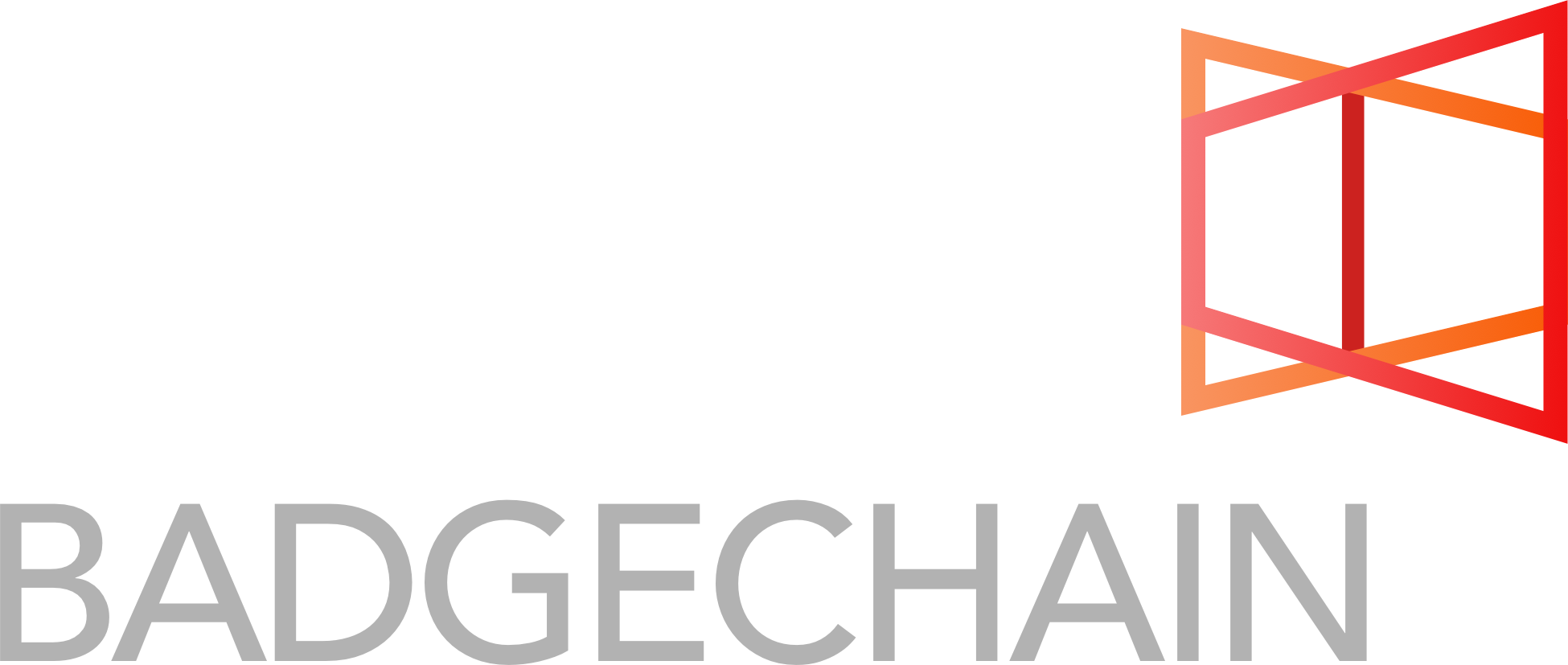BadgeChain Newsletter #5 – Blockchain: can you trust it?
May 4th, 2017 | Carla CasilliTrust: one of the primary reasons for the invention of blockchain. Or rather, lack of it. Blockchain’s revolutionary trustlessness, to coin a word, is peer-based. Interactions occur between peers without intervening persons or organizations. But trustlessness is both an awful word and only a rough approximation of the concept. Why? Because blockchain technologies actually reorient existing trust relationships into person-to-person exchanges. Most impressively, they do this at a global scale thanks to basic technical constructs that include decentralization, nodes, distributed ledgers, and immutability.
As previous BadgeChain newsletters have noted, along with financial tech (fintech), healthcare, media, credentialing, and law are fields in the throws of blockchain investigation. Some of this exploration may be driven in part by security concerns related to data breaches. This past year saw an unprecedented number of successful attacks on financial institutions, hospitals, and individuals, among others. Could blockchain be the way to secure data, finances, health records and media? Aspects of its structure can act as a repellent to network breaches: if any one block changes, the entire node structure knows. Data consensus can act a powerfully protective control mechanism.
Somewhat ironically, doubts about blockchain as an entirely trustworthy tool are also manifest. In the fintech world, the Dao disaster intensified fears about hard forks and algorithms that operate without human intervention. Bitfinex, one of the largest cryptocurrency exchanges is under suspicion of a Mt Gox debacle. And although bitcoins, the most prominent blockchain fintech, have reached an astounding $1400+ valuation, observers are unsettled about how much to trust the rules governing allegedly immutable data, particularly when the currencies can be drained unwittingly, traditional financial institutions are developing their own private chains, and ledgers appear to be at the whim of whoever technically “owns” a blockchain. These issues will need to be addressed if blockchain technologies are to continue to have a viable future.
Nevertheless, the evolution of peer-based trust is ongoing. Blockchain technology bolstered by the potentially radical ideas underpinning it are fomenting that change. According to one report, we may now be in the “third trust revolution.” An intriguing thought.
~ ~ ~
Here are the articles that inspired and informed this newsletter. We recommend them to you as interesting data points in your consideration of education and decentralized technologies.
- Why Having A Trust Strategy Is Key To The Future Of FinTech — Paul Armstrong
- Mega Data Breaches Could Drive the Blockchain Revolution — Ken Mafli
- Who Controls the Blockchain? — Patrick Murck
- Is The World’s Largest Bitcoin Exchange Headed For A Mt. Gox-Style Collapse? — Tyler Durden
- How to Spot a Bitcoin Scam — John Wasik
- Blockchain and the Third Trust Revolution — Ian Pattison

Follow Us